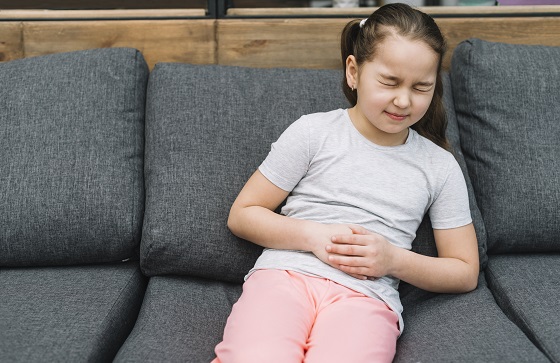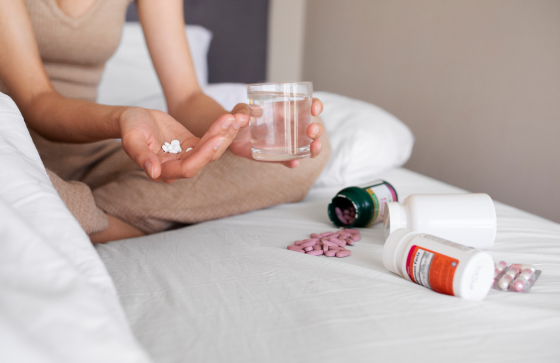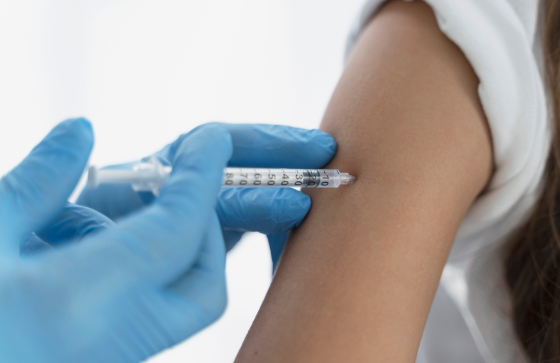- Emergency Ambulance Services
- 8606811111
- 0471-4077777, 0471-7177888
- gro@sutpattom.com
Urinary Tract Infections in Children
Dr. Prathibha Sukumar, Consultant Paediatric Surgeon, SUT Hospital, Pattom
Urinary tract infections or UTI are one of the most commonly seen infections in children. It can occur in children of any age, including newborns. The causes of infection vary and depend on the age of the child and the severity of infection.
Common causes
-
In newborns or infants
- Congenital Anomalies like Vesico-ureteric Reflux (VUR), posterior urethral valve (PUV), neurogenic bladder.
- Habitual constipation, irregular toilet habits (Dysfunctional Elimination Syndrome), late presentation of congenital Anomalies, stone disease(ureteric or bladder calculi)
Older children
Types of UTI
- Lower urinary tract infection
- Cystitis or urethritis
- Upper urinary tract infections
- Pyelonephritis.
Upper tract infections are more serious infections and need hospitalisation and a long course of antibiotic injections. Lower tract infections are more common but can also make the child seriously ill.
Symptoms
Babies may have high fever, vomiting, crying spells and refusal of feeds. Crying or straining on passing urine along with change in colour or smell of urine may be seen. Older children may have abdominal pain in addition to fever with chills ( shivering).
Diagnosis
Laboratory test in addition to blood tests include Urine routine examination,urine culture and sensitivity test. Ultrasound scan of the abdomen may also need to be done. Sometimes X-rays and special tests like MCU also may be needed to correctly identify the cause.
Precautions to take while collecting urine sample especially for culture test
Wash the genitalia. Avoid keeping the container open for long or touching skin. Ideally should collect a mid stream, clean catch sample. The sample should reach the lab and be processed within 30 min. This sample should be collected before starting antibiotics.
Treatment
In addition to oral fluid intake and encouraging frequent urination, paracetamol for fever, antibiotics may need to be started. The antibiotics may need to be changed based on the result of culture test. A very ill, dehydrated child may need hospitalization and intravenous fluids and medication.
Hygiene of private parts needs to be ensured including cleaning below the foreskin in males. Constipation may require laxatives and toilet training. Early recognition and treatment in addition to following a healthy diet and habits is the key to prevent serious consequences.









